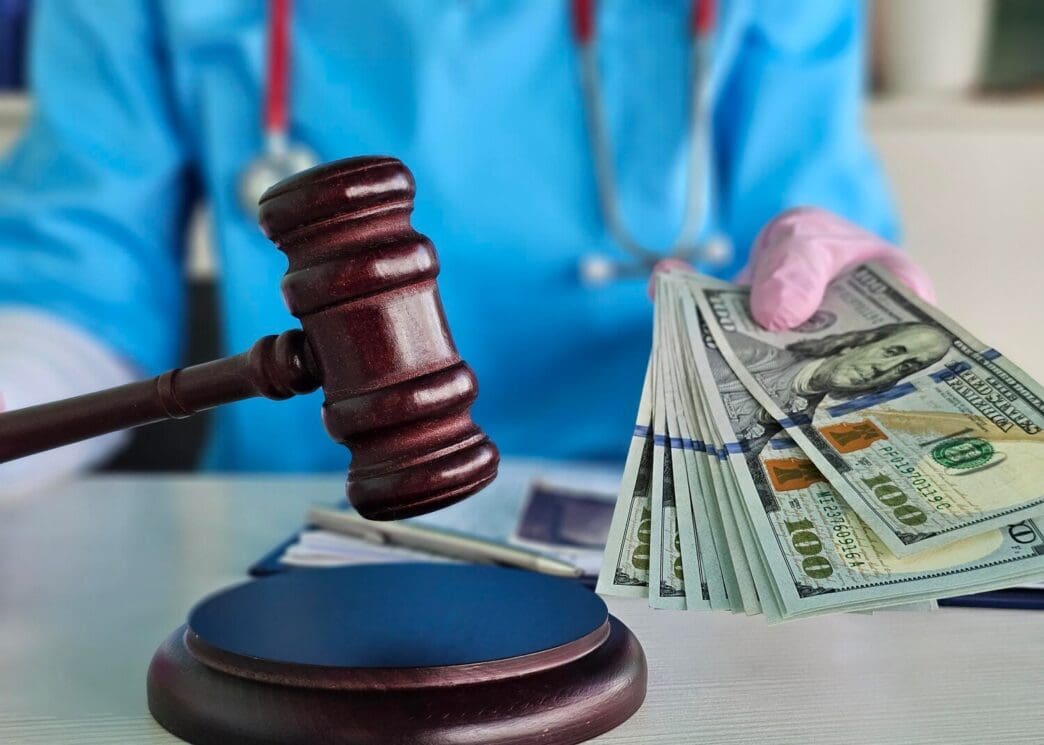Executive Summary
Laws and Precedent
JACKSONVILLE, FL – A Jacksonville man, Mauricio Chahine, 53, was sentenced to four years and two months in federal prison on Monday, September 8, 2025, for his role in an extensive money laundering scheme that involved over $250,000. U.S. District Judge Marcia Morales Howard also ordered Chahine to forfeit $12,000 derived from his illicit activities. Chahine had pleaded guilty to the charges on April 30, 2025.
Undercover Operation Uncovers Money Laundering Network
The investigation began when a confidential source informed the Drug Enforcement Administration (DEA) that Chahine was a money launderer capable of moving funds internationally. This intelligence prompted an undercover federal agent to contact Chahine, leading to an in-person meeting in March 2024.
During this initial meeting, two undercover agents, posing as cocaine traffickers, discussed their need to move large sums of money. Chahine immediately inquired about the amounts, destinations, and desired speed of transfers, stating he “did not care” about the source of the funds even after an agent explicitly mentioned dealing in “white stuff,” a reference to cocaine.
Chahine outlined his fee structure, charging 12% for amounts over $200,000 and 15% for amounts under $200,000. He also claimed to have been in the money laundering business since 1999, boasting about his ability to transfer funds to numerous countries including Brazil, the Netherlands, Lebanon, Venezuela, Colombia, Panama, China, France, and Spain.
Sophisticated Laundering Techniques
To obscure the illicit origins of the money, Chahine suggested creating fake invoices to make transactions appear as legitimate purchases or sales of merchandise. He also offered to funnel money through his multiple businesses and bank accounts, explaining his method of depositing funds in increments, such as $5,000 per day, to avoid scrutiny.
Following this initial encounter, Chahine engaged in a series of meetings with additional undercover agents. He accepted $217,975 in cash and $50,000 in fake currency across five separate transactions. Chahine then divided and deposited these funds into seven different corporate accounts at various banks before wiring the money back to an undercover government account in fragmented amounts.
On several occasions, Chahine requested fake invoices from an undercover agent, further demonstrating his intent to legitimize the illicit money transfers.
Arrest and Law Enforcement Commentary
Chahine was arrested on November 12, 2024, and has remained in custody since, deemed a flight risk by the court. The case was a collaborative effort involving Internal Revenue Service Criminal Investigation (IRS-CI), the Drug Enforcement Administration, and the Jacksonville Sheriff’s Office.
Special Agent in Charge Ronald Loecker of the IRS Criminal Investigation Tampa Field Office emphasized the agency’s commitment to combating such crimes. “Drug traffickers often rely on others to launder the profits from their drug running,” said Loecker. “IRS Criminal Investigation will continue to devote our financial expertise to identify, investigate and bring to justice those who engage in sophisticated money laundering techniques that facilitate the distribution of narcotics and the concealment of proceeds.”
OCDETF Investigation
This case was part of an Organized Crime Drug Enforcement Task Force (OCDETF) investigation. OCDETF employs a prosecutor-led, intelligence-driven, multi-agency approach to identify, disrupt, and dismantle high-level criminal organizations that pose a threat to the United States. Assistant United States Attorneys Kelly S. Milliron and Michael J. Coolican prosecuted the case.








